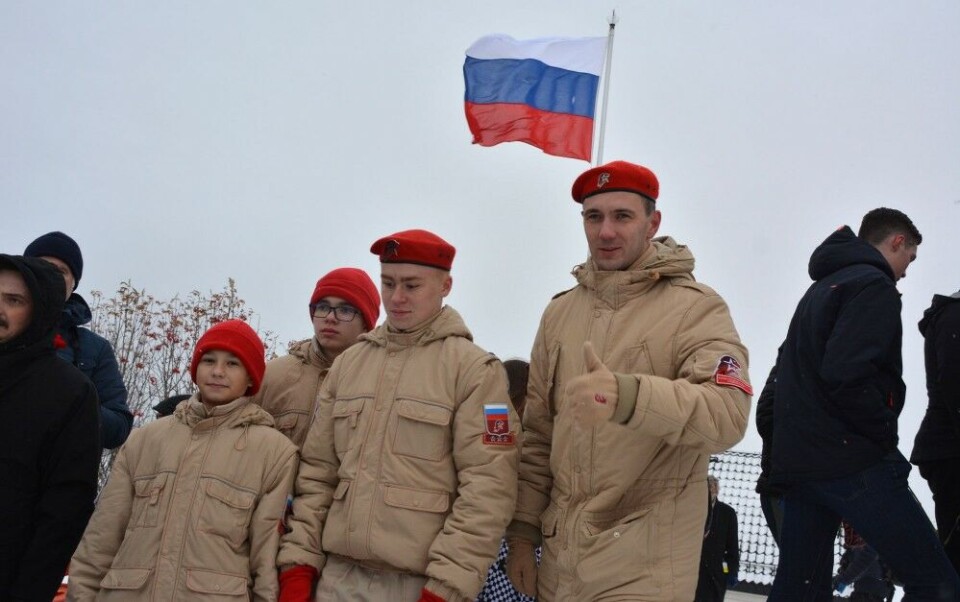
Fighting independent media, Moscow invests billions in patriotic internet contents for youth
The Russian government will this year invest 10 billion rubles in production of online "state contents" aimed at young people
Moscow wants better control over its young people and their online activities, and now increases allocations to the production of “state contents aimed at building public identity and spiritual and moral values among youth.”
Another 7 billion rubles (€80 million) were this week allocated by the federal government for the purpose. From before, 3 billion had been granted by the federal budget.
The additional 7 billion are taken from the government’s Reserve Fund, and will be managed by the Institute of Internet Development, newspaper RBC reports.
The Institute of Internet Development is a partly state-owned entity with board representatives from the Ministry of Education and Science. The institute has also previously been actively involved in providing internet contents for youth, Interfax informs.
By the end of 2020, a total of 200 internet projects are to be launched. It is believed that several of Russia’s major state film and media companies will take parts in the projects, among them RT, Gazprom Media, VGTRK, Yandex and the First Channel.
The government’s high attention to patriotic media contents comes as Russian youngsters show declining interest in state media and traditional channels of information.
Russian security authorities fear a growing opposition to the regime among youngsters and have over the past years stepped up efforts to crack down on independent media and foreign sources of information.
Social media platforms such as Twitter, Facebook, YouTube, as well as TikTok, are now under almost constant attack from repressive Russian authorities.
According to Nikolay Patrushev, Secretary the Russian Security Council, western media is instrumental in an encroachment on his country and its so-called traditional value system.
“The overarching objective of the West is to “destroy the multi-national family of the Russian [rossiiskie] peoples, suppress its traditional spiritual and moral orientations” and ultimately “undermine state sovereignty,” he said in an interview published in June this year.
The Russian Orthodox Church is closely involved in the state efforts to boost patriotism.
On the eve of the major street rallies in support of Aleksei Navalny on 31st of January 2021, Patriarch Kirill addressed the situation in his evening mass. According to Kirill, the protests came in the wake of a crisis in Russia’s young generation triggered by the mass media and influence from abroad. With Navalny and his supporters in mind, Kirill pointed a warning finger against his country’s youth.
“When we now suddenly grasp that there is something dangerous going on among young people we have to ask ourselves the question: where does this come from? What forms the consciousness of a young person?” Kirill said in his sermon, and hinted at the role of the internet and the West.
The state patriotic initiatives are stretching across the whole country. The Youth Army (Yunarmiya), the youth organisation established and run by the Armed Forces, now has more than 850,000 members.
In Murmansk, regional authorities are actively seeking to boost the role of patriotic education. Governor Andrei Chibis and his regional government is now working on the elaboration of a new Program of Patriotism for all age groups, Deputy Governor Yelena Dyagileva says.
The far northern region is also working on the development of a so-called Avangard center for military and patriotic education for kids and youth. The initiative was discussed in a recent meeting between Governor Chibis and Deputy Minister of Defence Timur Ivanov.
Read more about recent media developments in Russia in the new report from the Barents Observer “Repression by Law.”
















